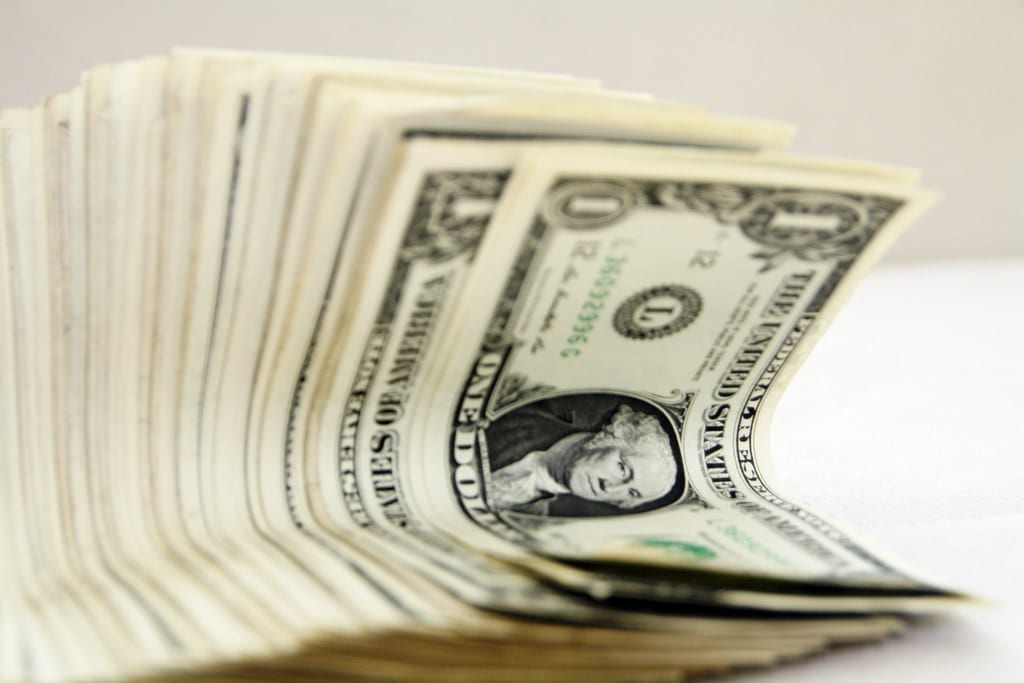
Four-Part Series: Taxes and the Pandemic
Johnny Kampis
June 19, 2020
Even in good times, it’s hard for bureaucrats to resist the temptation of raising taxes to pay for an array of spending programs. Well, now they’re at it with a vengeance, looking to recoup tax dollars lost in the fallout of the pandemic and shore up failing government programs. In the following series for The Center Square, TPA Senior Fellow Johnny Kampis highlights these attempts to raise taxes on struggling Americans at the worst possible time.
Some bureaucrats look to boost income tax to combat flagging revenue during pandemic
The economic fallout from the COVID-19 pandemic has resulted in some calling for a boost in income taxes to help government fill up their coffers.
The Boston Herald reported that 91 economists told Massachusetts Gov. Charlie Baker and leaders of the state Legislatures they should raise personal income and corporate taxes due to tax revenue decreases during the pandemic.
“In a recession, balancing the budget by cutting spending has a more negative impact on economic growth than balancing the budget by raising taxes,” the economics claimed in a May 26 letter. “Both the personal income tax and the corporate tax are fair ways to do this, since they fall only on persons with incomes and businesses with profits.”
Read more here.
Governments look to property taxes to make up for pandemic revenue shortfall
As local governments look to make up the shortfall in tax revenues due to less consumer spending during the COVID-19 pandemic, many state and local leaders have discussed boosting property taxes as a means to make up for the shortfall.
Nashville Mayor John Cooper told local TV station WTVF that he could see the city attempting to hike property taxes by 20 percent or more.
In April, Cooper called the budget situation “the worst in Metro’s history,” seemingly expressing disappointment that the federal stimulus money from the CARES Act can’t be used by city governments to help pay for their budget needs. Nashville estimated its budget shortfall would be about $250 million.
Read more here.
Lawmakers may take up misguided effort to boost sin taxes to make up revenue shortfall
The Tax Foundation posits that with the COVID-19 pandemic decreasing state, local and federal tax revenues in many ways, lawmakers will likely look to easy targets like vaping and other “sin” taxes as a way to make up the shortfall.
And, as the Taxpayers Protection Alliance (TPA) has previous written, that would be a bad idea.
Tax Foundation analyst Ulrik Boesen notes that excise taxes on air travel and hotel rooms have plummeted while gas tax revenues have also dropped precipitously as more people stay home. Meanwhile, more unemployed workers means there are fewer income taxes to collect, and with less money in their pockets, people are spending less, so sales taxes are also down.
Experts deem taxes on products that are generally considered to harm consumers as “sin taxes,” including levies on alcohol, tobacco products and vaping products. Boesen said that these types of taxes are often alluring to legislators because tobacco and alcohol consumption is relatively inelastic, which means people still buy the products in similar numbers as before even as the price goes up due to increased taxes. He also points out that increasing taxes is easier politically – due to much negative sentiment about these types of products – than raising taxes in other areas, such as on property or general sales.
Read more here.
State and local governments apply different approaches to pandemic budgeting
Some state and local governments have discussed ways to make up for shortfalls in revenue – including depending on the federal government to bail them out. But some officials instead say they will tighten their belts and make do with existing tax dollars.
WTOP reported that Fairfax County (Virginia) revised its proposed budget for fiscal year 2021 due to the coronavirus pandemic and officials there say they won’t raise taxes.
A new tax on movie and concert tickets was also eliminated from the budget. This is not surprising given that neither type of event is occurring currently and health officials question when jam-packed movie theaters will be open or when concerts will resume.
Read more here.
